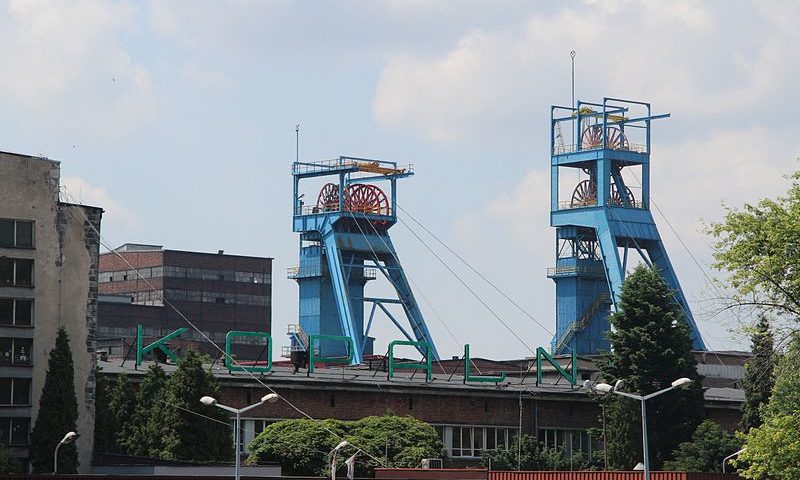
Gary Neville calls out five Tottenham players after poor Everton draw – ‘Dour to watch’
April 4, 2023
Some bacteria get ‘hangry‘ just like humans — but then release harmful toxins
April 4, 2023Poland has the second-lowest unemployment rate in the European Union (EU) at 2.8 percent in February, according to Eurostat, the bloc’s statistics agency. The jobless rate in Poland remained
unchanged from January. The Czech Republic had the lowest jobless rate in the EU at 2.4 percent, while Germany came in third place with 2.9 percent. Meanwhile, Spain had the highest seasonally-adjusted jobless rate in the EU, at 12.8 percent, and Greek unemployment was the second-highest at 11.4 percent, according to the latest available data.
Eurostat’s data also showed that the EU average unemployment rate for February was 6 percent, down from 6.1 percent in January. Despite the COVID-19 pandemic’s economic impact, Poland’s unemployment rate has remained low, and the country’s economy has been relatively resilient. However, Poland’s statistics office (GUS) uses a different methodology and reported last month that the country’s jobless rate held steady at 5.5 percent in February, unchanged from January.
Poland’s low unemployment rate can be attributed to several factors. The country’s strong economic growth, which was at 4.3 percent in 2019 before dropping to 2.8 percent in 2020 due to the pandemic, has created jobs in various sectors. The government’s pro-business policies, including tax cuts, incentives for foreign investors, and streamlined regulations, have also attracted foreign investment and boosted job creation.
Furthermore, Poland’s education system, which focuses on science, technology, engineering, and mathematics (STEM) subjects, has produced a highly skilled workforce that meets the demands of modern industries. The country’s well-developed infrastructure and strategic location in Central Europe have also contributed to its economic growth and job creation.
Despite Poland’s low unemployment rate, the country faces challenges in its labour market. The country’s ageing population, coupled with a low birth rate, has created a shortage of skilled workers in some industries. In addition, the COVID-19 pandemic has disrupted many sectors, including tourism, hospitality, and retail, leading to job losses and economic uncertainty.
To address these challenges, the Polish government has implemented various policies aimed at promoting job creation and skills development. The government has introduced vocational training programmes, tax breaks for employers who hire young workers, and initiatives to attract highly skilled workers from abroad. Photo by Monisiolek, Wikimedia commons.




